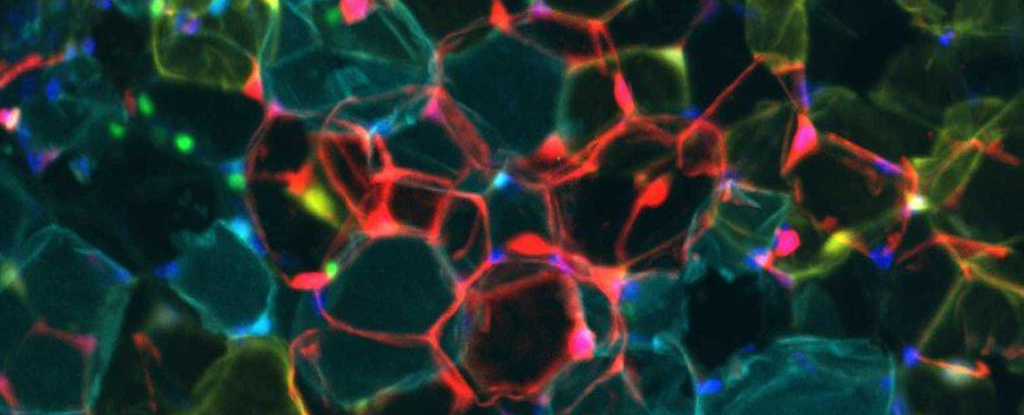
Research led by scientists from various institutions in the United States has uncovered a significant role for the amino acid cysteine in fat metabolism, particularly in its potential to facilitate weight loss. This study provides new insights into why calorie restriction often results in weight loss, suggesting that managing cysteine levels could be a crucial factor.
The researchers focused on how cysteine depletion can convert white fat, which stores energy, into brown fat, which burns energy and generates heat. This finding positions cysteine as a potential biological mechanism for weight management. “These results suggest future weight management strategies that might not rely exclusively on reducing caloric intake,” states Krisztian Stadler, a biomedical engineer at the Pennington Biomedical Research Center.
The implications of this research challenge traditional weight-loss strategies that typically emphasize calorie counting. The study revealed that a controlled diet might promote weight loss primarily by lowering cysteine levels, which is abundant in many protein-rich foods.
To investigate this further, the team conducted experiments involving mice genetically modified to prevent the production of their own cysteine. The results were striking: these mice experienced a remarkable 25-30 percent drop in body weight within a week compared to their counterparts that could produce cysteine when dietary supplementation was absent.
While the findings do not yet involve human subjects, the researchers analyzed data from 238 individuals who had previously participated in a calorie-reduction diet. The data indicated that those individuals had lower levels of cysteine in their fat tissue, reinforcing the connection between calorie intake and cysteine levels.
Despite these promising findings, the study highlights significant caution. The removal of cysteine led to life-threatening weight loss in the mice, although their weight normalized once cysteine was reintroduced into their diet. There are crucial metabolic functions that rely on cysteine, indicating that any attempts to manipulate cysteine levels for weight management must be approached with care.
“In addition to the dramatic weight loss and increased fat burning resulting from the removal of cysteine, the amino acid is also central to redox balance and redox pathways in biology,” explains Stadler. The complexity of human metabolism underscores the need for a comprehensive understanding of how altering one process can impact others.
The research findings were published in the journal Nature Metabolism. According to Eric Ravussin, a physiologist at the Pennington Biomedical Research Center, the study highlights a new dimension in energy metabolism, marking a significant advancement in the ongoing exploration of weight management strategies.
As scientists continue to unravel the complexities of metabolic processes, cysteine may emerge as a focal point for developing innovative approaches to weight management that extend beyond traditional dietary restrictions.





